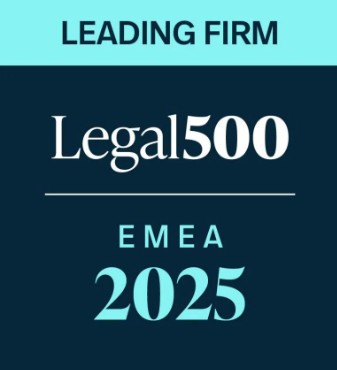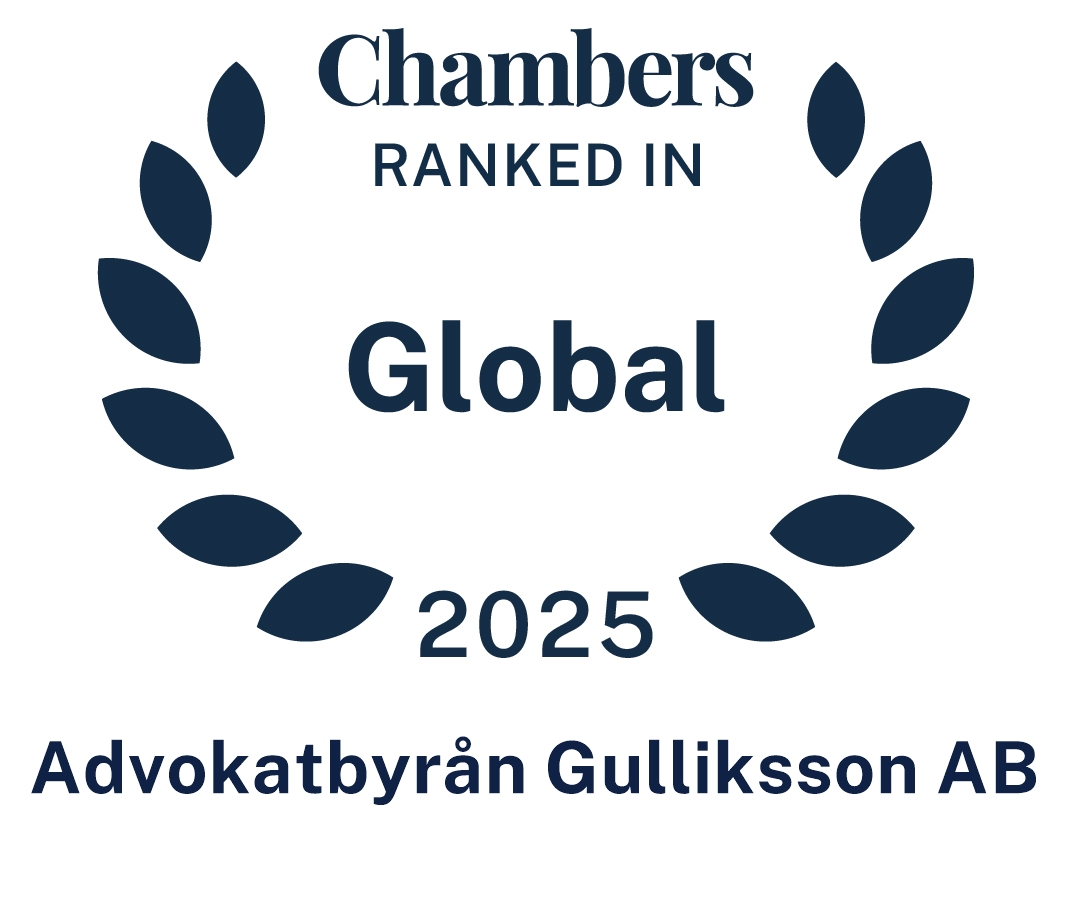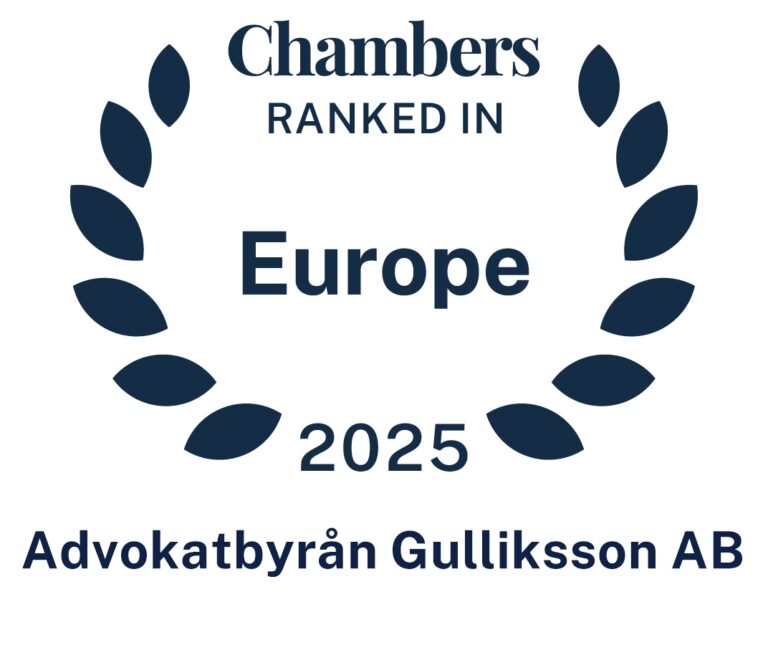Maarud, the manufacturer of “Potetgull”, will soon meet Orkla in the Norwegian court of appeal to resolve a dispute about who has the right to put the word “potetgull” on their potato chip bags.
The phenomena with brands that get degenerated exists in many countries and often stretches far beyond country borders. But what happens when a brand is so well established that people, despite existing trademark protection, choose to use the word or expression that represents the brand as a common name of a type of good or service? And what happens when competitors want to use it in their marketing?
Parkett, thermos, eau-de-Cologne, dynamite, gramophone and plexiglas all belong to this category of brands. There are numerous examples of degenerated brands, and many times the younger generation doesn’t necessarily perceive the word or expression as a former brand brand.
”Potetgull” is another example of a brand that might have degenerated, considering that many Norwegians today use it as a common name for potato chips.
The dispute has turned into a hot potato and received a lot of attention in our neighbor country. Åse Wetås, chairman of the Language Council of Norway (“Språkrådet”), an organization that provides the Norwegian state advise on language issues, recently entered the discussion with a chronicle.
Wetås argues that, if the current trademark rules are to be applied strictly, the trademark protection ends once a word or expression is added to a dictionary. Her strong point of view is that any attempt to censor the general vocabulary should not be accepted, and neither should any attempt from commercial interests to get words or expressions added to dictionaries.
The company Maarud has used the name “Potetgull” for 80 years, and thus claims to have exclusive rights to the word and the right to register it as a trademark. The district court has previously ruled in Orkla’s favor, declaring the trademark registration to be invalid. Maarud have appealed the district court’s decision, and the dispute with Orkla is now to be settled in the court of appeal.
Brands are often highly valuable and important assets both for corporations and public organizations, and it is crucial to have a carefully considered brand strategy in place. Through trademark protection, exclusive rights are acquired that can be valid potentially forever.
Erik Esaiasson, attorney-at-Law at Gulliksson, specializes in intellectual property law and contractual law:
“A brand, whether or not it has been registered as a trademark, must be continuously used in the right way to remain protected. A trademark registration can be declared invalid if the owner fails to use the brand in its registered form or for a long period of time. The owner must also be active with regard to any incorrect use of the brand by the market and the consumers. As soon as the brand, due to the owner’s passivity or actions, becomes a common name of the goods or services in question, the trademark registration can be challenged and invalidated. Considering the significant values in brands of today, brand strategy and management is extremely important. The risk is especially high in relation to popular brands within new categories of products or services.”
Gulliksson handles everything relating to the protection of trademarks. Read more about the services we offer within trademarks and trade names.





